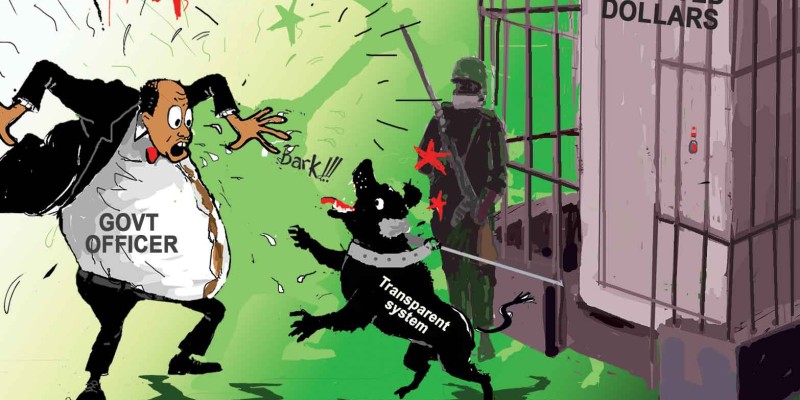The Minister of Finance, Budget and National Planning, Zainab Ahmed has said that the recent borrowings of the President Muhammadu Buhari-led Federal Government were useful in pulling the country out of recession. The minister who said this during the Public Presentation and Breakdown of the 2022 Appropriation Bill despite the concerned raised by citizens on the nation's piling debt stocks, the borrowings of the federal government are within sustainable limits. Earlier, Buhari during his presentation of the 2022 Appropriation Bill had called on Nigerians to remain calm on the continuous borrowings by the federal government, saying that the loans were meant to complete ongoing critical infrastructure projects across the country. Speaking further on the matter, Ahmed defended the borrowings by the government, adding that the loans have contributed significant growth to the economy of the country.
In her words, "Having witnessed two consecutive recessions, we have had to spend our way out of the recession which contributed significantly to the growth of our public debts," the minister stated in Abuja, a day after President Buhari presented the Appropriation Bill to the National Assemble. "It is unlikely that our recovery from these recessions would have been as fast without the sustained government expenditure funded partly by debt. "Borrowings are essential to enable us to deploy necessary capital expenditure and invest in human capital development. "To compound matters, the country has technically been at war, with the pervasive security challenges across the nation. "This has necessitated massive expenditures on security equipment and operations, contributing to the fiscal deficit; Defence and Security sector accounts for 22% of the 2022 budget" Speaking on the performance of the 2021 budget, Ahmed disclosed that the Federal Government spent a total of N2.89tn on debt servicing between the period of January and August. According to Minister, N8.14 trillion was earmarked for expenditure in the first seven months of the year, out of which N2.88trn was utilised for debt servicing, N2.75tn was spent on overhead cost, while N1.75tn was expended on capital projects. She continued, "On the expenditure side, N8.14trn representing 84 per cent of the N9.71trn prorated expenditure from January to August has been spent.
"This performance includes expenditure estimates of Government Owned Enterprises (GEOs) but doesn't include project tied loans. "Of the expenditure, N2.89tn was utilized for debt servicing, while N2.57tn was utilised for personnel cost including pension and gratuities. As at the end of August, N1.75tn has been expended for capital projects, of this amount, N1.723tn represents 81 per cent of the aggregate provision for Ministries Department Agencies' capital prorated, while N36.01bn is expenditure from GEOs." The Minister also disclosed that the government generated a total of N3.9tn from Company income tax (N547.5bn); Value added Tax collections (N235.7bn), customs collections (N338.6bn) and other revenues which amounted to N1.7tn. With a debt servicing cost of N2.89tn and total revenue of N3.9tn, Ahmed noted that the federal government spent 74% of its revenue on debt servicing from January to August. "For the 2021 performance, between January and August, revenue generated was N3.93tn which was 73 per cent of the prorated target.
Out of this amount, CIT and VAT collections were N547.5bn and N235.7bn respectively representing 121 percent in the case of CIT and 148 per cent in the case of VAT of the prorated target. "Custom collections 338.6bn represents 99 per cent of prorated target. Other revenues amounting to N1.7tn of which the federal government independent revenue of N691.36bn while GEOs revenue was N873.5bn," she added.
The Diplomat









